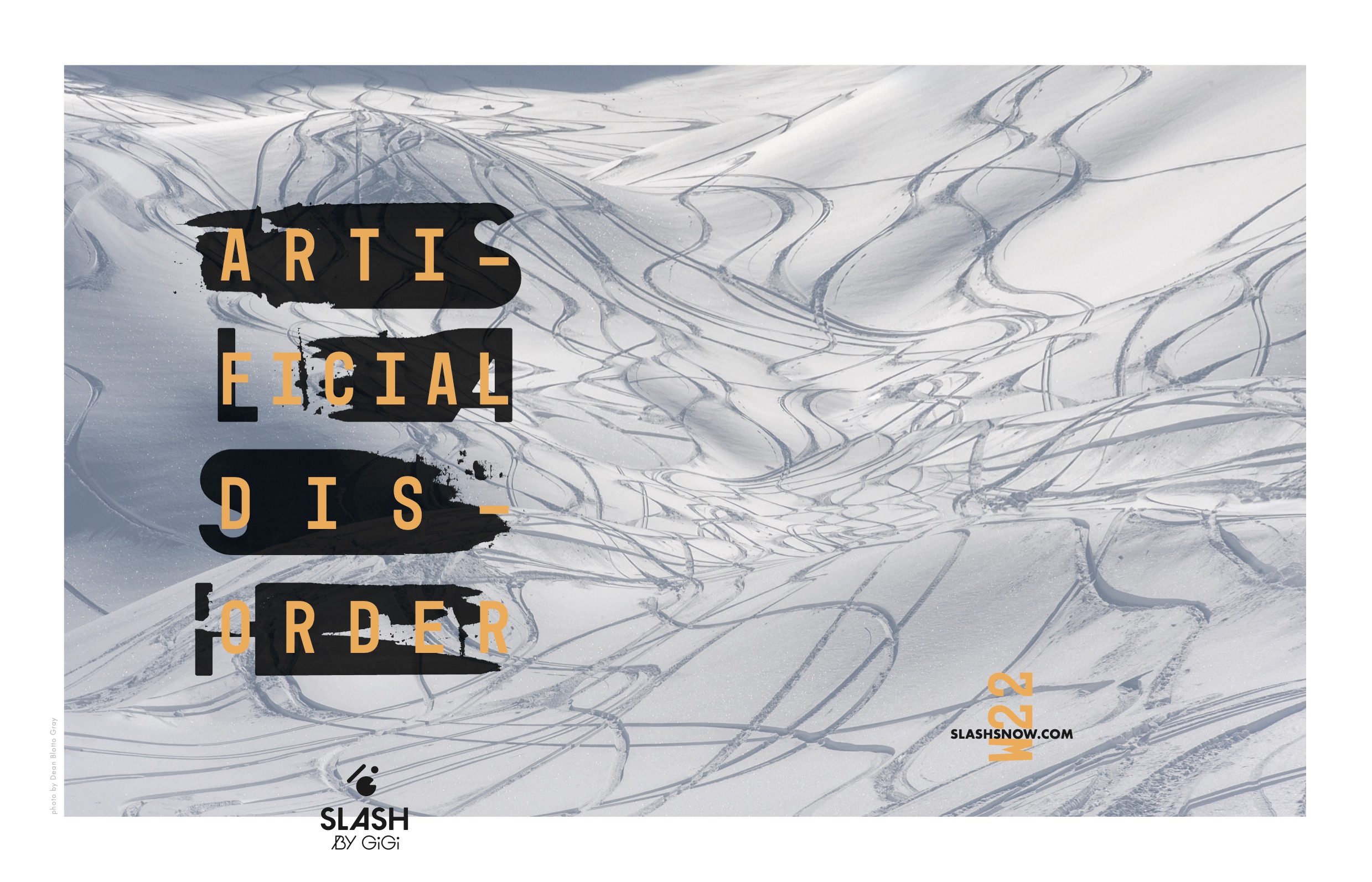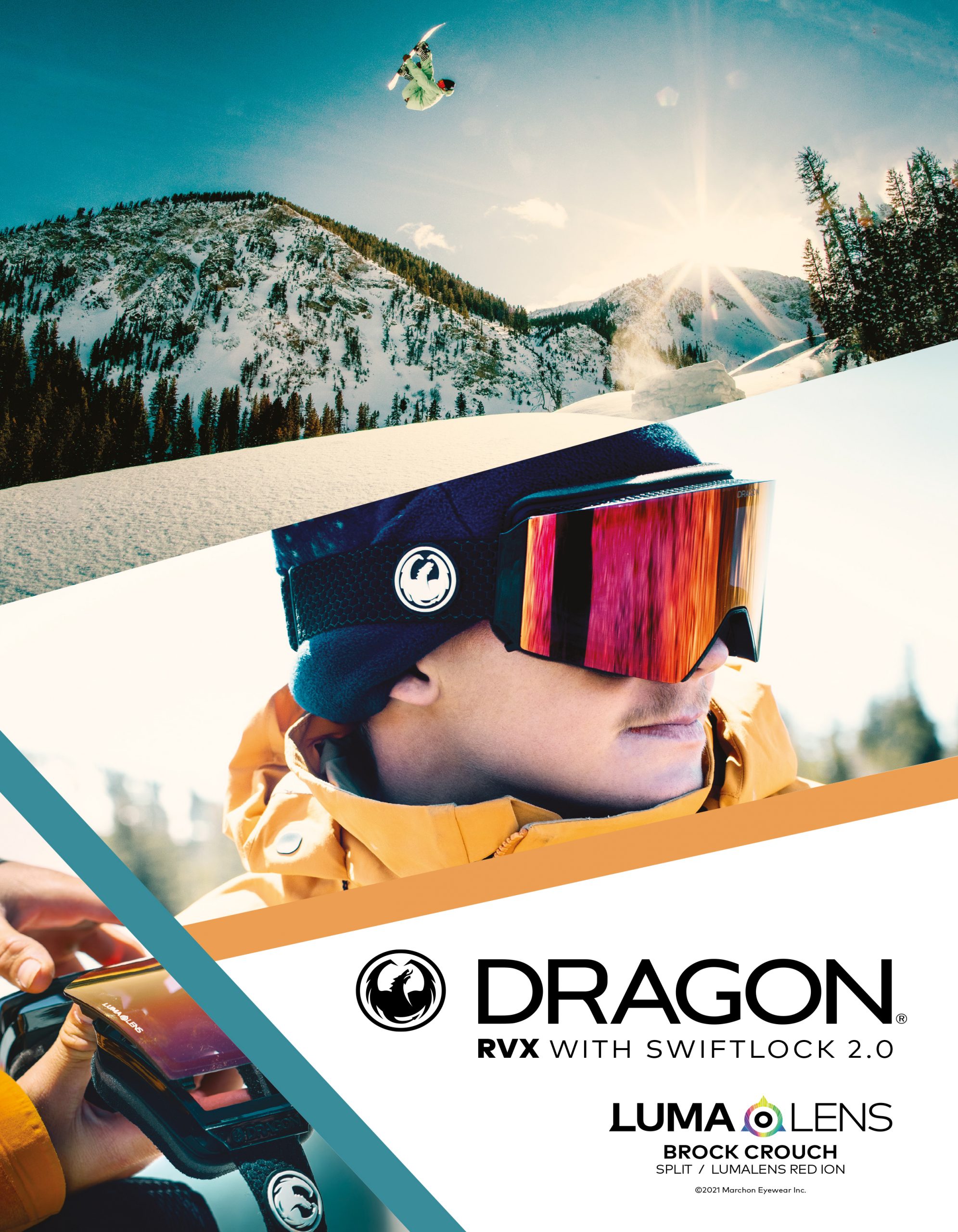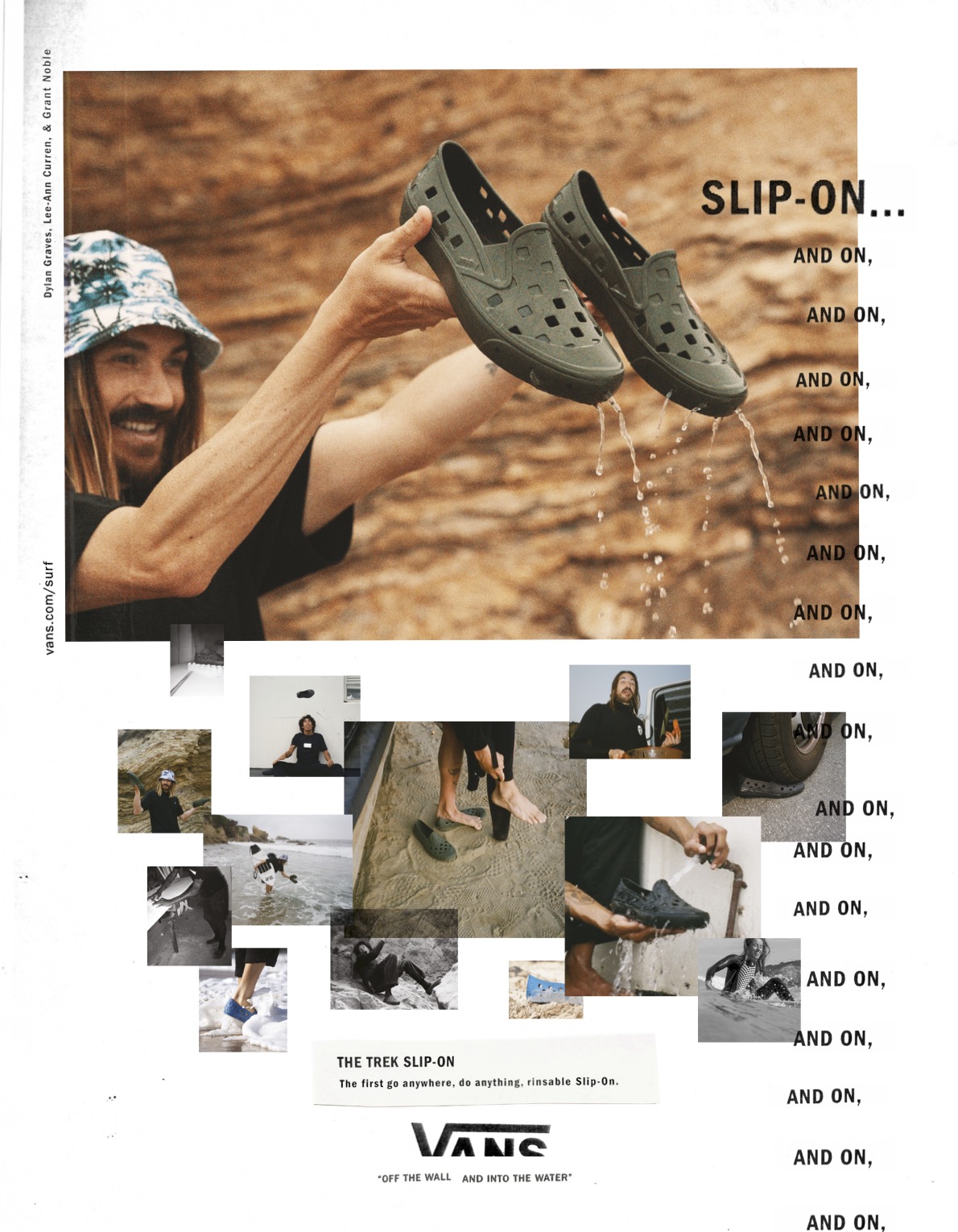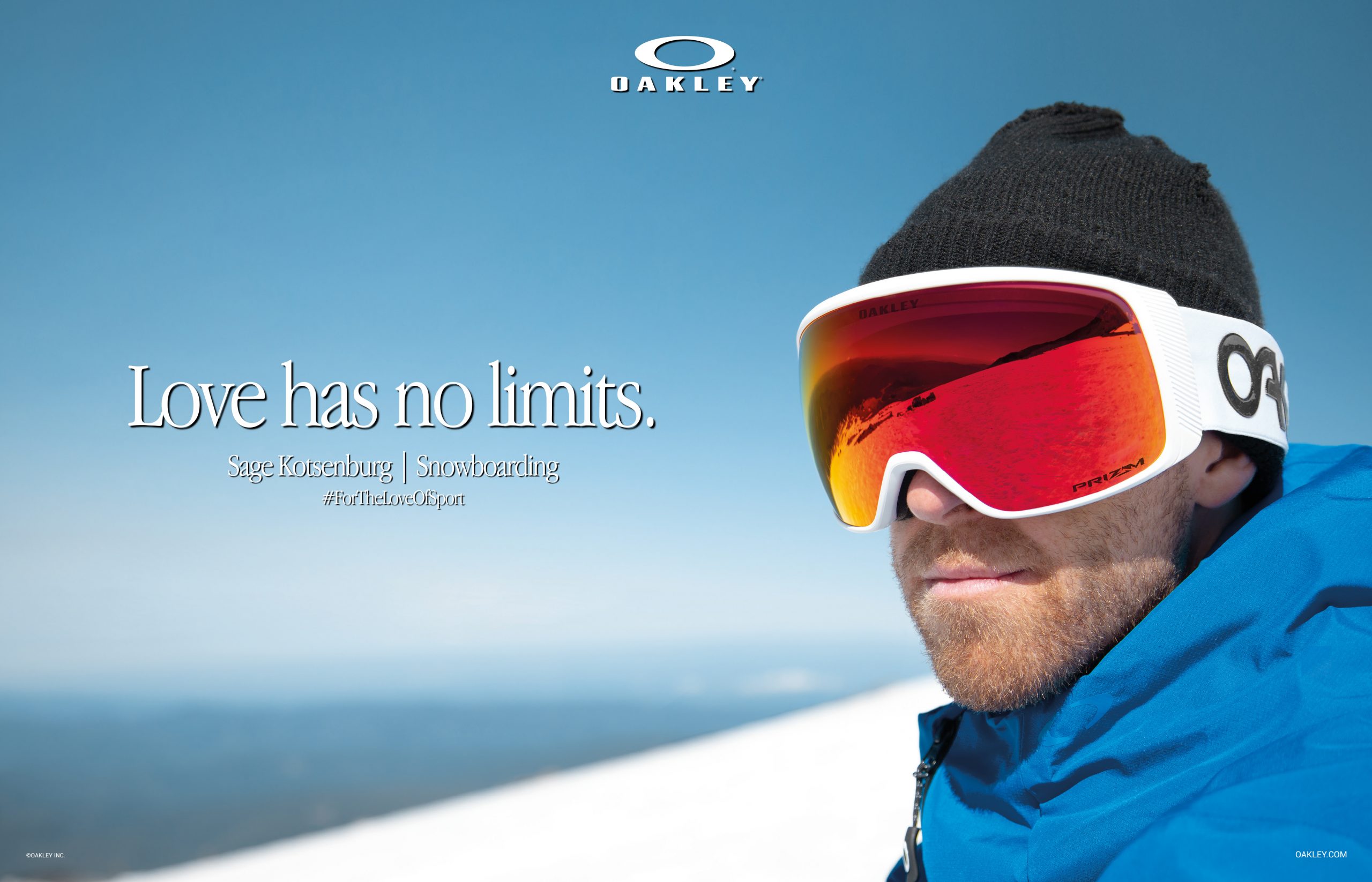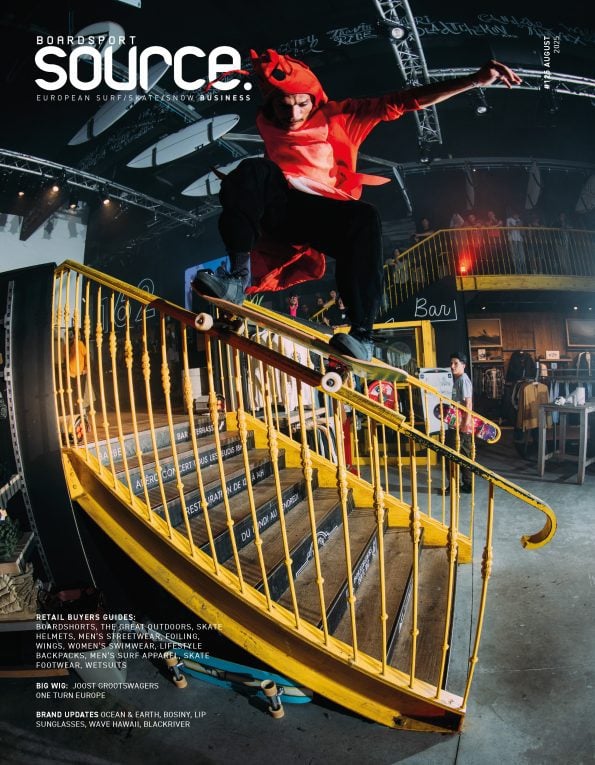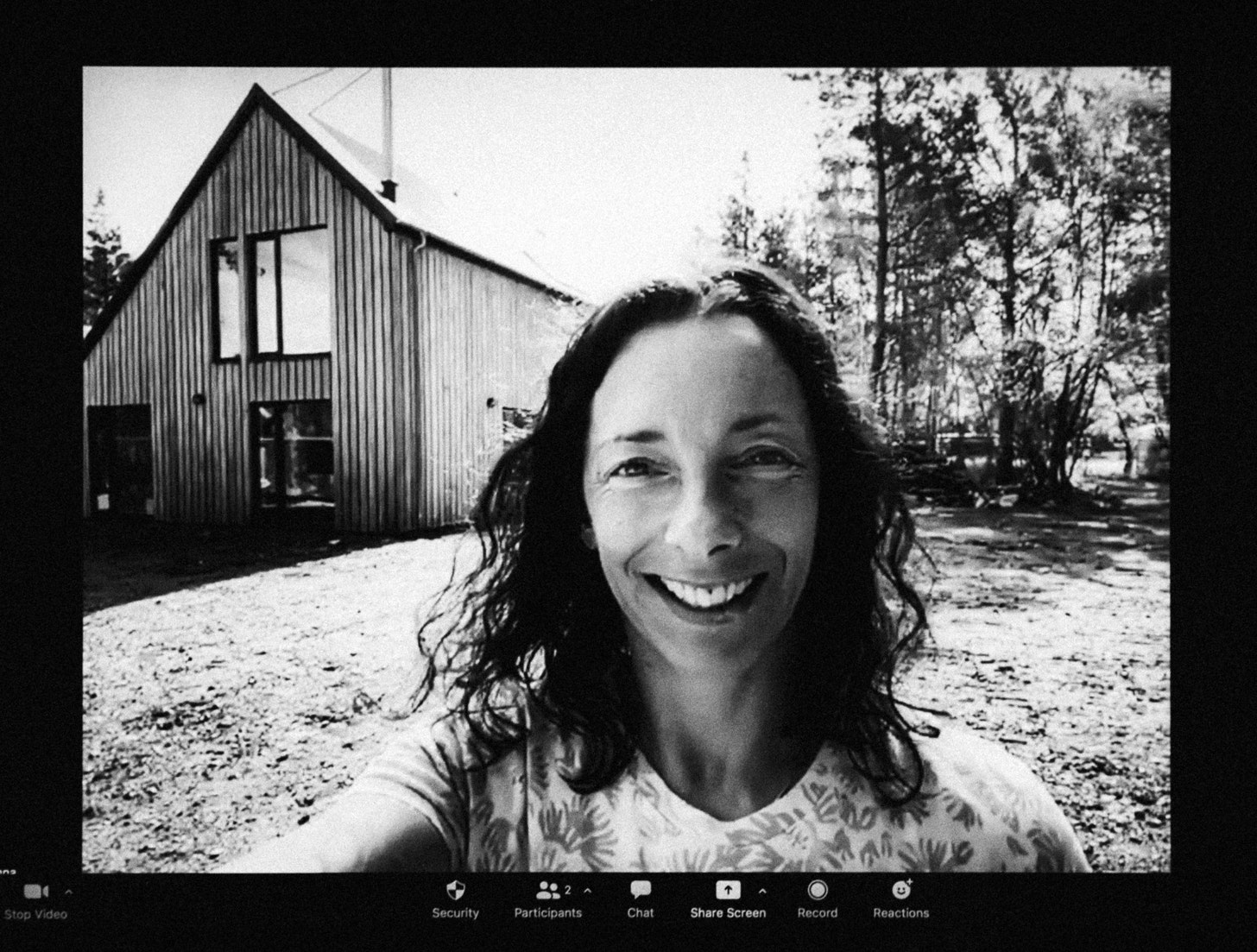
Lesley McKenna For Looking Sideways: What Can Skating, Surfing and Climbing Learn From Snowboarding’s Olympic Experience?
As skateboarding, surfing, freestyle BMX and free-climbing prepare to debut at the Olympics, one of the UK’s best respected voices on snowboarding has written a blog for Looking Sideways on how we as an industry can not only learn lessons from snowboarding’s seven outings at the Games, but can nurture athletes, the community and the narrative to see these action sports flourish and achieve their full potential both culturally and on the medals table.
Looking Sideways Intro: Lesley McKenna – What Can Skating, Surfing and Climbing Learn From Snowboarding’s Olympic Experience?
This week: 3 x Olympic snowboarder and programme manager for Park and Pipe at GB Snowsport Lesley McKenna shares her learnings from two decades at the heart of the Olympic snowboarding conversation.
Introduction
25 years in, snowboarding is still finding its feet within the Olympic picture. If anything, the long-standing gap between what is seen as ‘Olympic’ snowboarding and what is seen as ‘core’ snowboarding in a competitive context, is wider than ever, and this affects how these two elements interact on many levels. This is often compounded by the question of whether sports like snowboarding should be considered ‘competitive’ at all, irrespective of the Olympic pathway.
In my view, there is plenty of room for all ‘kinds’ of snowboarding. And I believe we are missing something important if we, as a community, devalue the skill of high-level snowboarders in certain areas – like the Olympics or qualifying events.
We are also missing something important if we can’t articulate what it is about snowboarding and the resulting ‘culture’ that makes it so compelling, and also what parts of the culture or behaviours within the community might be contradictory to the values behind the compulsion we all recognise.
My first reflections on snowboarding and the Olympics threw up the following questions which I think also have relevance to other action sports as they contemplate their entrance in to the Olympic arena:
-
What are the differences between how ‘Olympic-focused’ competitive snowboarding has been viewed by riders, organisations, industry and wider community, and how non-competitive high-level snowboarding has been viewed? Is this still the case? How do we characterise these differences?
-
To what extent is this the same in ‘non-Olympic focused’ competition snowboarding?
-
What is the value and relevance of high level performance/skill (both in and out of competition) to the wider snowboarding community?
-
To what extent is the snowboard community aware and able to take on the bigger social and cultural issues of our times? Not just the politics of Olympic-focused sport, but also around the issues of equality, diversity, sustainability and the climate emergency? And why is that important?
Whether snowboarding, skateboarding, surfing and sport climbing ‘fit’ with the Olympics is, at this stage, a moot point. As they ARE all Olympic sports now, we’re far better off making the most of the situation.
After a lot of thinking, discussion and formulation of ideas around the above questions and themes (that I think will be ongoing), I think the following points are worth further consideration by anyone planning programmes, events, initiatives, marketing and PR that involve high level action/freesports athletes doing what they do – whether ‘Olympic’ focused or not.
1. The Stoke is real! So look after it. It’s the most important part of the picture and should be shared far and wide.
This is really the fundamental point about ‘action sports’ or ‘free sports’ (whatever label you prefer).
They have an intrinsic value connected to the experience of doing them that does not rely on competition. Instead, this value is connected to progression, creativity and innovation – both personal to the individual, and pertaining to the wider culture of the activity itself.
The externally-facing component of this internal value is an existing ethos and culture that is rooted in the action of doing the sports in the environments in which they happen, thus making ‘environment’ (in the wide and narrow meaning of the word) and ‘learning’ more important than ‘winning’.
As Kelly Clark neatly put it in her episode 076 conversation with Matt, “…snowboarding is about progression. The Olympics is about winning”.
2. Beware the dominant ‘Olympic medal-based’ narratives
In contrast, ‘mainstream’ sporting culture values winning above all else. This ‘Olympic medal-based’ narrative dominates national sporting bodies (in the UK, for example, funding is based upon a particular sport’s likelihood of delivering a medal) and the mainstream sports media.
The result is that this mainstream sporting bloc finds it extremely difficult to grasp how, in action sport cultures, progression and innovation are both internally and communally valuable, regardless of who ‘wins’.
The danger is that the idea that best performance can be collaborative and communally valuable is subjugated to the idea that winning is the only point of a particular sporting activity.
In this view, the intrinsic experience is also subjugated, meaning that ‘environment’ (including community) and ‘learning’ are no longer the most important elements for the snowboarder, surfer, skater or climber. Instead, individual awards, payments, fame and recognition become the priority.
This, very obviously, is the main source of potential and actual conflict when activities such as snowboarding, skateboarding, surfing and climbing attain Olympic status. Ameliorating this danger, while still enabling athletes to thrive in the competitive Olympic context, is a huge challenge for any free sports culture entering this new arena.
3. Beware of cultural archetypes leading to the formation of cliques
Take into consideration that the internal and external experience of these sports is played out through personal and cultural narratives or ‘stories’ that tend to align to cultural archetypes and can lead to the formation of scenes or cliques. This can have both positive and negative consequences for those involved.
For example, the ‘culture-based’ narratives in snowboarding over the last 25 years have not always been as tolerant, inclusive, helpful or supportive to the different community members involved in high level competition or to the wider understanding of snowboarding by the mainstream media or general public as they could have been.
In numerous ways, they have also been potentially damaging to the environment, both in the wide sense of the word, and the specific environment of Planet Earth.
It is good to see the conversation around tolerance, equality, diversity and responsibility slowly taking hold within the wider snowboarding community and my hope is that as we learn from each other in this area, the sense of shared values and appreciation for going snowboarding and the ‘excellence’ of the world’s best snowboarders can further help build common ground from which people feel confident to engage with important issues like the climate emergency and social (in)justice in general.
4. Value all progression, creativity and innovation. Don’t shy away from tackling the ‘blind spots’ that do develop but do it with as much humility and compassion as possible.
As we have seen in snowboarding, the conflict engendered between the two poles of ‘progression’ and ‘winning’ can lead to cultural contradictions that have not been addressed or acknowledged as openly or ingenuously as they perhaps should have been.
For example, the core snowboard culture and industry disengaged from ‘Olympic-focused’ snowboarding from the start, and have subsequently failed to recognise or credit genuine progression that happened within the ‘Olympic focused’ events space.
Similarly, industry and core media often promoted people with a strong anti ‘Olympic focused events’ view – even if those people had themselves prioritised individual external goals with a similar ‘winning’ attitude to the ‘winning narrative’ the industry had seemingly pitched itself against.
The danger of this approach is that it leads to a situation where one form of ‘progression’ (which, as we have seen, is supposedly the whole point) is valued over another.
It has also further amplified the negative impact of the ‘Olympic medals based’ narrative by impeding the snowboard community’s ability to connect to, value and understand high level performance in snowboarding, both in and out of competition. After all, this is still snowboarding.
This has led to a situation where an athlete can perform the same run on a similar course on two different occasions – and have the ‘value’ of these runs differ purely on the basis of who has endorsed which event.
The danger is that this collective cognitive dissonance can itself become part of the culture, with unhealthy results. This is what we have seen in snowboarding, and what newcomers to this conflict should really try and guard against.
Conclusion
By way of bringing this blog to a close, I offer a reflection on the list of perceived opposites that often crop up when I have talked to people about the differences in the riding and values represented in events like the Natural Selection, X-Games or ‘film parts’; and the riding represented in the FIS World Cups or Olympics, for example. They usually coalesce around variations of the following apparent opposites:
-
Progression or excellence for its own sake as opposed to excellence in order to win.
-
Creativity and independence as opposed to structure and conformity.
-
Collaboration and shared experiences versus domination and individual recognition.
-
Innovation and style compared to technical perfection and difficulty (and how risk affects both of these elements.)
-
‘Living the dream’ rather than being ‘paid by the man’.
-
‘Comp jocks’ versus ‘soul shredders’.
-
Adventure/freedom versus rules and judgements.
-
Fairness, equality of opportunity versus exclusivity and selective opportunities/wild cards.
The truth is, of course, that ‘core’ action sport culture and industry can be and has been as guilty of perpetuating these ‘negative’ connotations as the Olympic-based culture it has spent twenty years railing against.
Action sports, in competition and out of competition, can provide a rich environment for excellence and human flourishing – without the need to exploit or defeat others.
But today, as the next cycle of the uneasy partnership between action sports communities and the Olympic movement commences, both blocs need to work together to protect the views and values that allow this to be so, and to gain an understanding of how best to do that.
By doing so, the opposites outlined above can cease to be as polarising, and a new kind of fairness and understanding of excellence and progression based on human virtues and excellences (and not only medals and rules) can start to flourish.
And, of course, this does not have to be at the expense of being able to declare and honour a ‘winner’ either. Competition has been part of action sports culture since the beginning. ‘Winning’ is a valuable part of the picture and the excellence of the winner can become more inspirational to more members of the community.
What does this specifically mean for surfing, skateboarding and climbing as they head off on their Olympic journeys? And for snowboarding as it approaches its seventh Olympics?
-
Look after the icons and the community, and value excellence as a communal good.
-
Look after the rules so that creativity and fairness don’t conflict with each other.
-
Look after access, so that as many people as possible can take part.
-
Look after the stories and make sure that they can be told by as many different credible and authentic voices from within the sports as possible.
-
Look after the cultural values of the sport by identifying, acknowledging, promoting, distilling and cultivating them relentlessly.
-
Look after the Stoke, and share it far and wide! It’s the most important part of the picture.









